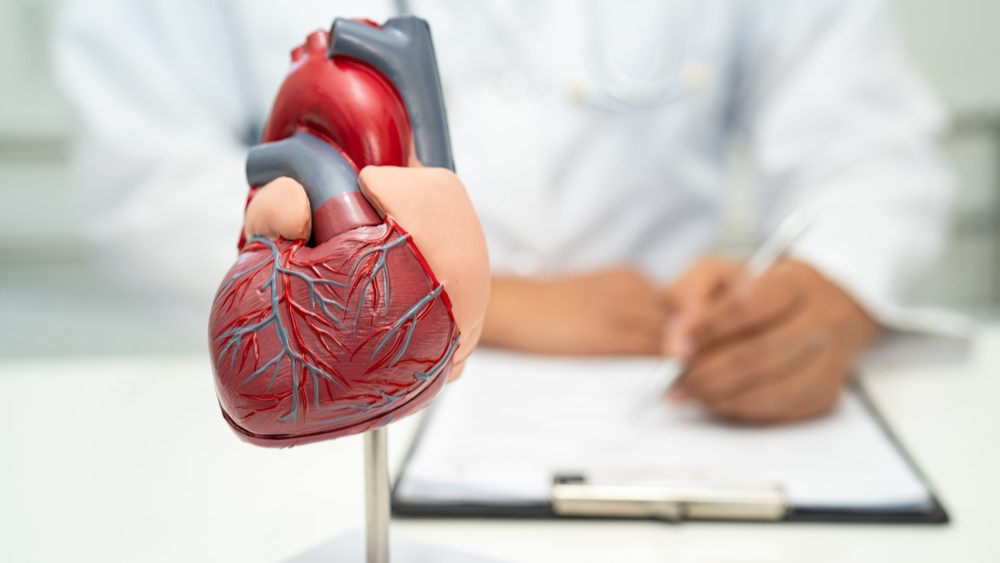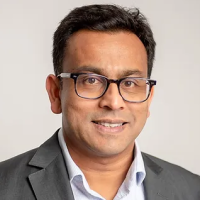Podcasts / Atrial fibrillation ablation – Your questions answered: Part 2
Save


0.5 hours
These are activities that expand general practice knowledge, skills and attitudes, related to your scope of practice.
0.5 hours
These are activities that require reflection on feedback about your work.
0 hours
These are activities that use your work data to ensure quality results.
Educational Activities (EA)
These are activities that expand general practice knowledge, skills and attitudes, related to your scope of practice.
Reviewing Performance (RP)
These are activities that require reflection on feedback about your work.
Measuring Outcomes (MO)
These are activities that use your work data to ensure quality results.
In this episode:
The questions answered in this podcast are listed below.
They were compiled by GPs and health professionals around Australia who attended Healthed’s face-to-face seminars.
Expert: Prof Rukshen Weerasooriya, Cardiac Electrophysiologist
Host: Dr David Lim, GP and Medical Educator
Total time: 44 mins
Recommended resources:

Obstructive Sleep Apnoea – Practical Updates

Postural Orthostatic Tachycardia Syndrome – What You Need to Know

Asthma Cases

Autism Assessment in the GP Setting

expert
Sub-specialist Cardiac Electrophysiologist; Hollywood Private Hospital, Founder, CloudHolter

Browse the latest podcasts from Healthed.
You have completed the Educational Activities (EA) component of this activity.
Select ‘Confirm & claim CPD‘ to confirm you have engaged with this activity in its entirety and claim your CPD.
You will be taken to explore further CPD learning available to you.
Webcast TONIGHT
POTS – What You Need to Know